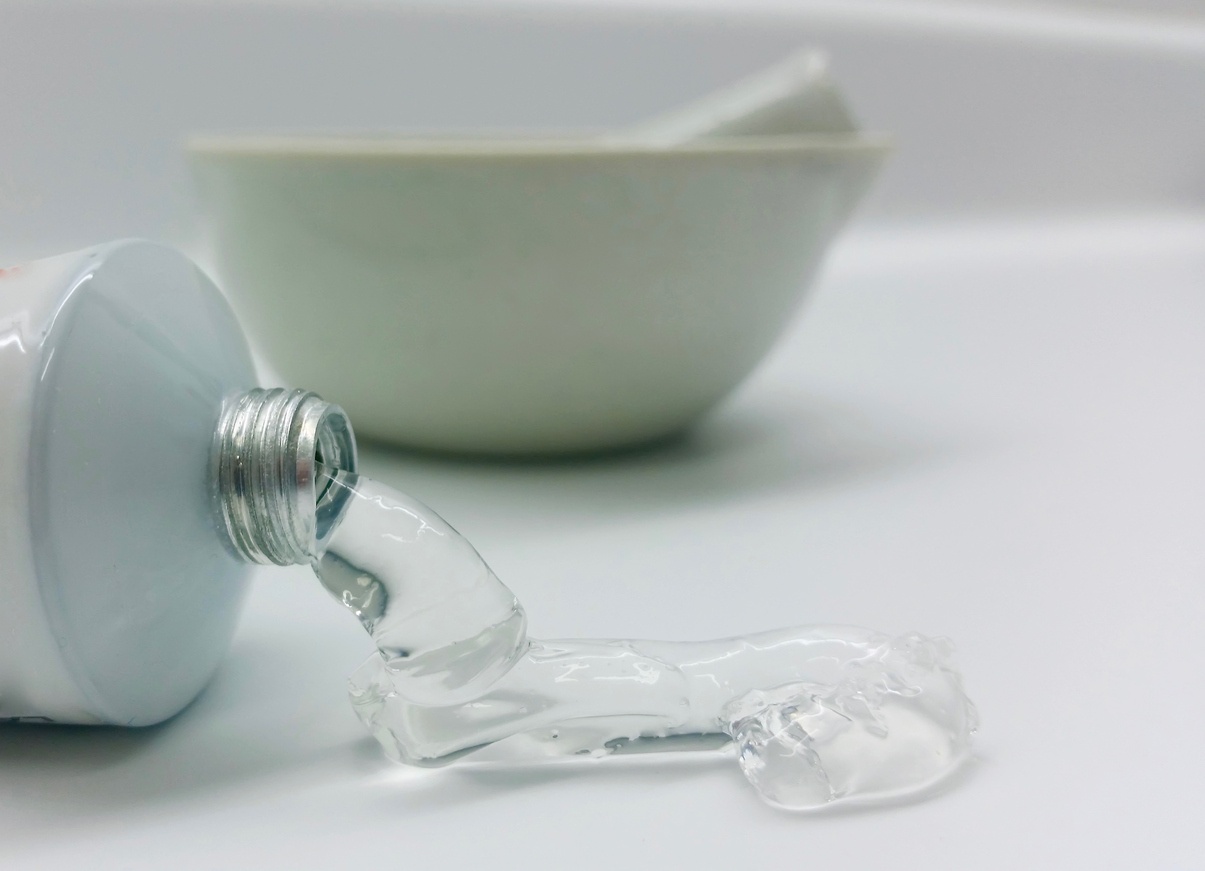
Pharmaceutical compounding is a way of creating customized medication. Compounded medications are made by combining ingredients in the exact strength and dosage formulated for an individual patient. Compounding is used when a patient is allergic to a component of a medication, or to present the medication in a different form – instead of a capsule, a ...

Pharmacists used to be the medication authorities in white lab coats who dispensed relief from behind high counters. They were seldom called on to interact with patients. For that matter, they seldom collaborated with other health care providers; it was a very segmented industry, with doctors handing out orders, and patients expected to follow them ...

The face of healthcare changes continually. New technology, advancements, and clinical processes all support the goals of creating a better patient experience, improving patients’ health, and promoting lifestyle habits that sustain good health and/or help maintain a chronic condition.

Caregivers have a few tools and guidelines to manage polypharmacy, which is taking five or more medications daily. Polypharmacy affects older patients the most because of their age and a significant burden of decreased physical functioning. Adverse drug events (ADEs) lead to an increased risk of falls, increased delirium, more hospital admissions, and in ...

The term “deprescribing” first appeared in medical literature in 2003. It describes the practice of backing off a prescribed medication when doses are too high, or stopping medications that are no longer needed. Deprescribing is a strategy to deal with polypharmacy, which is taking five or more medications daily.











